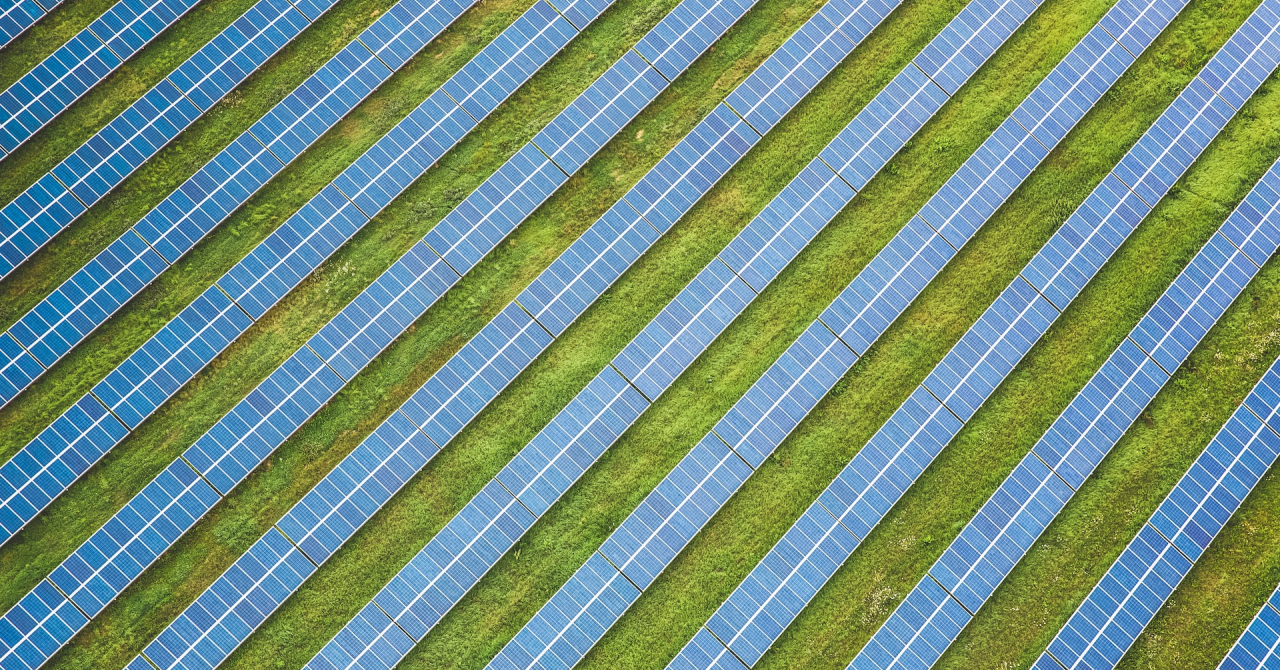Euronews.green writes that the added capacity would be enough to power almost 51 million homes with emissions-free energy, while the 510 GW of installed power represents a 50% larger share than in 2022, say experts at the International Energy Agency (IEA).
IEA Executive Director Fatih Birol, said that "the new IEA report shows that under current policies and market conditions, global renewable capacity is already on course to increase by two-and-a-half times by 2030. It’s not enough yet to reach the COP28 goal of tripling renewables, but we’re moving closer – and governments have the tools needed to close the gap."
IEA experts point to the fact that China, already a world-leading nation in terms of installed renewable energy, might account for 60% of the world's capacity by 2028. What will help with adopting more renewable power is the prices, which fell by 50% year-on-year in 2023, meaning that fossil-free energy will become more affordable.
Wind power might see some roadblocks ahead, as the prices are higher and the supply chain can be uncertain more often than with solar panels. Also, another potential slowdown is the lack of investments in transmitting capacity, meaning that new power lines or upgrades will be required to ensure that clean power can be evenly distributed.
In order to triple the global renewable capacity by 2030, countries will also need to spend more money on storage solutions, so that generated power can be saved for when we use more of it, given that renewables are intermittent power sources and can't always provide electricity on demand.
Sean Rai-Roche, a policy advisor at climate think tank E3G, says that "governments and businesses need to act now to protect the planet for future generations. We cannot afford to wait - action later is too late."
 Mihai - Cristian Ioniță
Mihai - Cristian Ioniță












Any thoughts?